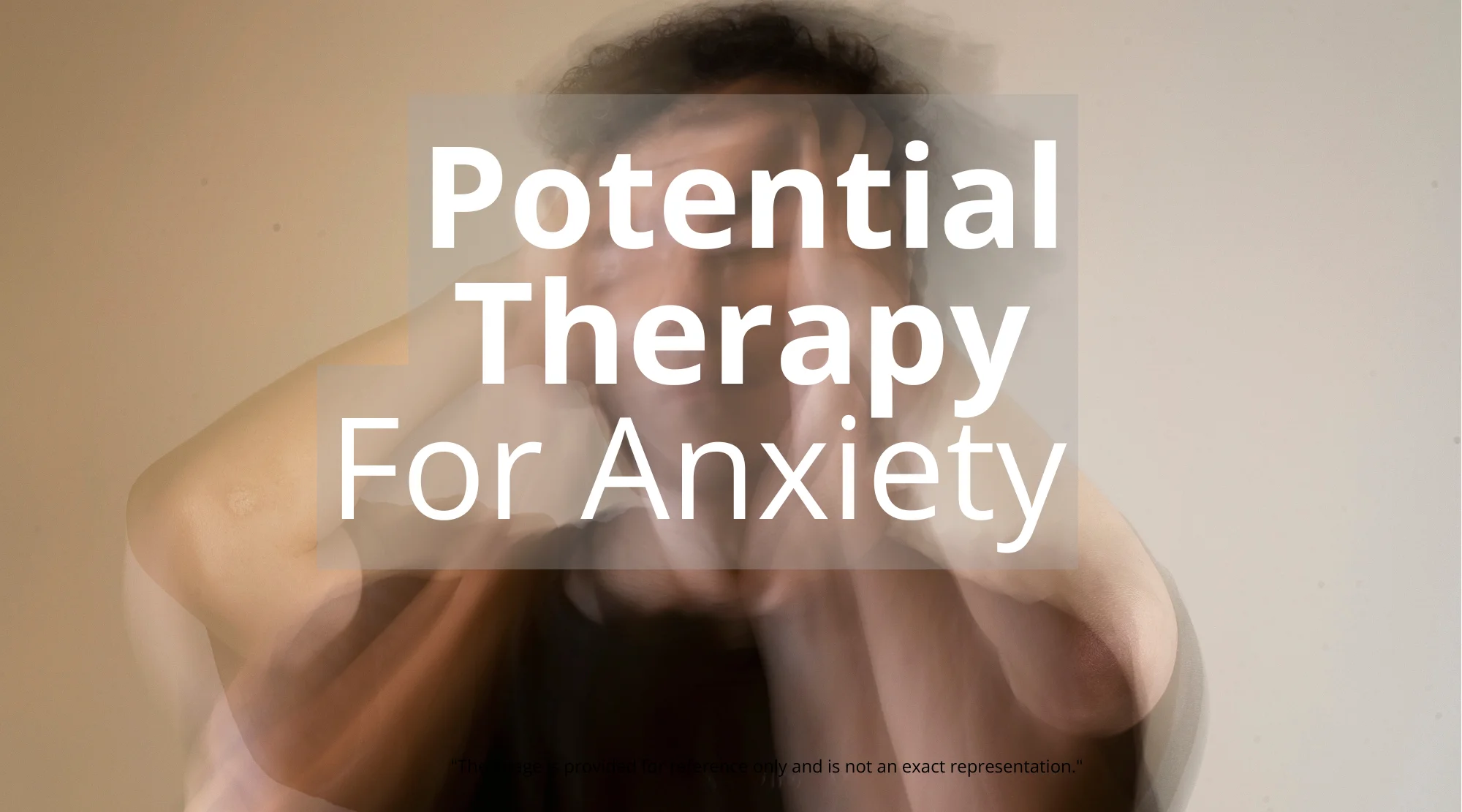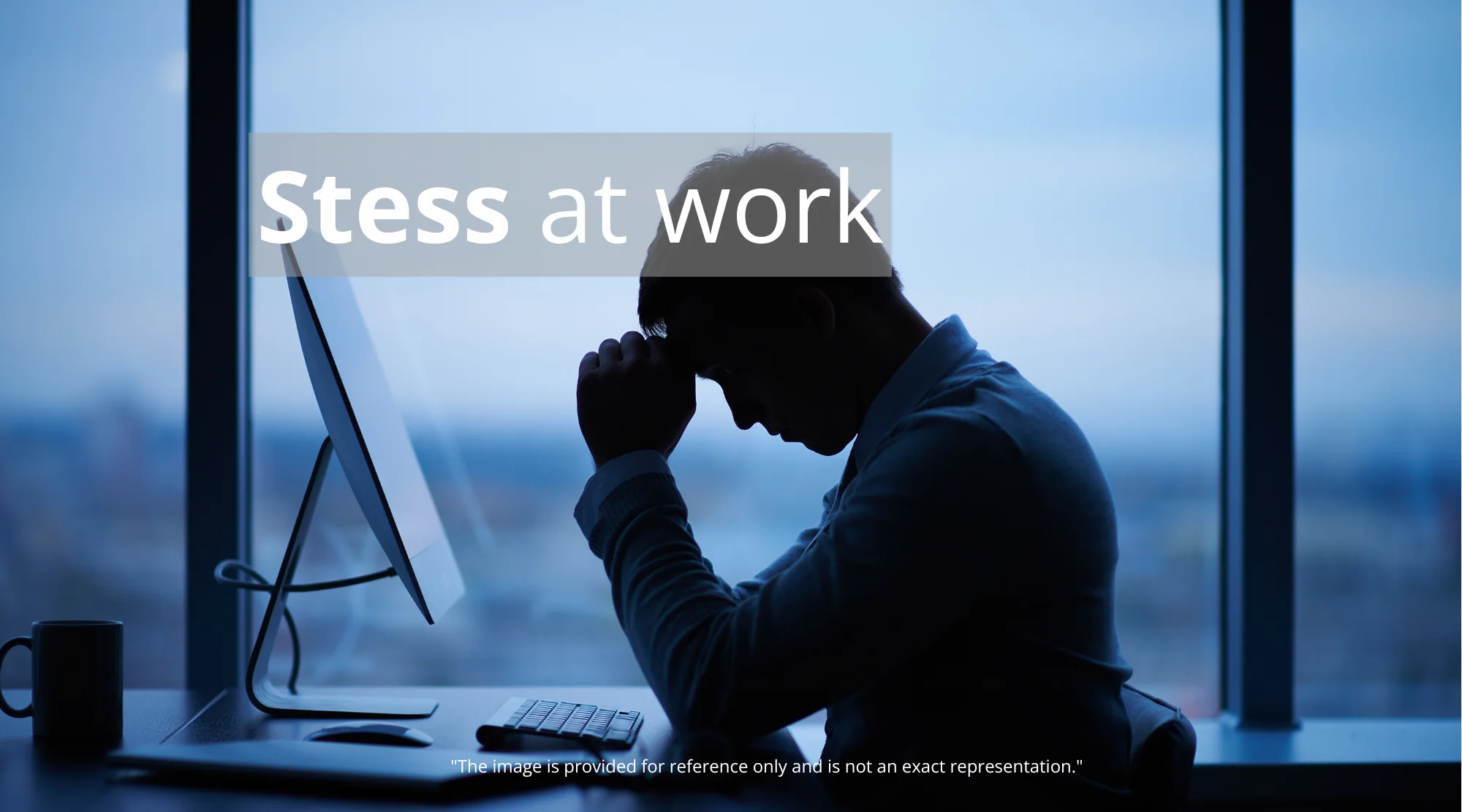The Promise of Psychedelics: Could LSD Be a Future Treatment for Anxiety?
The landscape of mental health treatment may be on the cusp of a significant shift. Emerging research suggests that LSD, a psychedelic drug, could offer a novel approach to managing anxiety disorders. A recent clinical trial demonstrated promising results, with a single dose of LSD showing rapid and sustained relief from anxiety symptoms in some participants. This article will delve into the findings of this groundbreaking study, explore the potential benefits and challenges of using LSD as a therapeutic agent, and examine the implications for the future of mental healthcare.

The Revolutionary Trial: Key Findings
The study, published in the Journal of the American Medical Association, involved 198 adults diagnosed with generalized anxiety disorder. Participants were randomly assigned to receive one of four different doses of MM120, an oral formulation of LSD, or a placebo. The results were striking:
- Significant Anxiety Reduction: Participants in the 100-microgram dose group experienced a marked reduction in anxiety symptoms.
- Durability of Effects: The positive effects of the LSD treatment lasted for at least three months following the single dose.
- Minimal Therapeutic Intervention: Crucially, the trial participants did not receive any concurrent psychotherapy during their LSD experience.
The study’s lead researchers aimed to determine the optimal dosage for larger-scale clinical trials, with the 100-microgram dose emerging as the most effective. While higher doses (200 micrograms) resulted in more intense hallucinatory experiences and nausea, the 100-microgram dose provided the best balance of efficacy and tolerability.
This approach of using psychedelics without therapy is quite unique, raising questions on the actual necessity of such therapy.
Unpacking the Results: A Deeper Dive
The clinical trial’s success raises several critical points for consideration:
- Dosage and Experience: The researchers found that the effects of LSD varied depending on the dosage. While lower doses (25 and 50 micrograms) did not show significant benefits compared to the placebo, the 100-microgram dose proved effective. Higher doses led to more intense sensory experiences, highlighting the importance of carefully calibrating the dose to achieve the desired therapeutic outcome.
- Side Effects and Safety: The most common side effects reported were hallucinations and nausea, which increased with higher doses. However, the researchers emphasized that these effects were generally manageable and temporary. The presence of monitoring during the sessions ensured patient safety.
- The Role of Psychotherapy: One of the most remarkable aspects of the trial was the absence of psychotherapy during the LSD sessions. This contrasts with many other studies involving psychedelics, where therapy is often considered an integral part of the treatment. The findings suggest that LSD may have inherent therapeutic properties that can provide relief from anxiety even without the need for concurrent psychotherapy.
LSD and the Future of Anxiety Treatment
The study’s findings have significant implications for the future of anxiety treatment. The potential for a single dose of LSD to provide long-lasting relief from anxiety symptoms represents a major shift from current treatment modalities, which often involve daily medication and ongoing therapy sessions.
This could lead to a more efficient and accessible approach to treating anxiety, potentially reducing the burden on both patients and healthcare providers. The study also highlights the importance of exploring novel treatment options for mental health disorders.
Challenges and Considerations
While the initial results are encouraging, it’s important to acknowledge the challenges and considerations associated with LSD-assisted therapy:
- Regulatory Hurdles: Despite the promising results, gaining regulatory approval for LSD as a treatment for anxiety could prove challenging. The U.S. Food and Drug Administration (FDA) has previously rejected MDMA (also a psychedelic) for PTSD treatment.
- Placebo Effect: Conducting clinical trials with psychedelics presents the challenge of establishing an effective placebo condition. The subjective nature of the psychedelic experience makes it difficult to blind participants to whether they have received the active drug or a placebo.
- Public Perception and Stigma: Psychedelics have a complex history, and some individuals may have negative perceptions or stigmas associated with their use. Overcoming these perceptions will be crucial for ensuring widespread acceptance of LSD-assisted therapy.
- Long-Term Safety: The long-term safety and efficacy of LSD therapy need further investigation through extensive research.
Exploring Alternative Anxiety Treatments
While this trial offers promising insights into new treatment options, it is important to recognize that many other methods exist to alleviate anxiety and improve overall well-being. Individuals struggling with anxiety may benefit from exploring a range of therapeutic approaches:
- Cognitive Behavioral Therapy (CBT): CBT is a widely used form of psychotherapy that helps individuals identify and change negative thought patterns and behaviors that contribute to anxiety.
- Medication: Antidepressants, such as selective serotonin reuptake inhibitors (SSRIs), are often prescribed to manage anxiety symptoms.
- Mindfulness and Meditation: Practices like mindfulness and meditation can help individuals become more aware of their thoughts and feelings, reducing stress and promoting relaxation.
- Lifestyle Changes: Adopting a healthy lifestyle, including regular exercise, a balanced diet, and sufficient sleep, can significantly impact anxiety levels. You can learn more about the benefits of exercise in this article: 40 Minutes of Exercise: The Secret to Boosting Brain Health & Memory (Backed by Science).
- Support Groups: Connecting with others who experience anxiety can provide valuable support and a sense of community.
- Explore alternatives such as the use of AI Therapy: This is a growing trend in the treatment of mental health, and there are many points to consider: AI Therapy: 5 Expert Tips to Protect Your Mental Health While Using Chatbots
The Importance of a Holistic Approach
Mental well-being encompasses a variety of factors, and a holistic approach is often most effective in managing anxiety. This approach includes addressing the physical, emotional, and social aspects of an individual’s life. Integrating practices that promote self-care, stress management, and social connection can play a vital role in overall health and reduce symptoms of anxiety.
Exercise and Mental Health: The Powerful Connection
Physical activity has a profound impact on mental health. Regular exercise can reduce anxiety and depression, improve mood, and enhance cognitive function. Engaging in activities like running, swimming, or even brisk walking can trigger the release of endorphins, which have mood-boosting effects. You can read more about the benefits of running in the following article: My Weekly Running Transformation: The Surprising Changes in My Body and Mind.
Nutrition for Anxiety Management
A balanced diet also plays a crucial role in managing anxiety. Eating nutrient-rich foods, avoiding processed foods, and limiting caffeine and alcohol intake can positively influence mood and mental well-being. Incorporating foods rich in omega-3 fatty acids, such as fatty fish, can also benefit mental health.
Building a Strong Support System
Having a strong support system can provide a sense of belonging, reduce feelings of isolation, and promote resilience. Talking to trusted friends, family members, or a therapist can help process emotions and manage anxiety symptoms. For those seeking social connections in person, finding destinations to vacation and de-stress could be valuable: Top 10 Destinations for a Happy Vacation: Boost Your Well-being in 2024.
Implications for Future Research and Treatment
The findings from the LSD clinical trial provide a solid foundation for future research.
- Further Clinical Trials: Conducting larger-scale clinical trials with diverse patient populations is essential to confirm the efficacy and safety of LSD-assisted therapy.
- Optimizing Treatment Protocols: Researchers should investigate the optimal dosage, frequency, and duration of LSD treatment to maximize therapeutic outcomes and minimize side effects.
- Combining Therapies: Exploring the potential benefits of combining LSD-assisted therapy with other treatments, such as psychotherapy or medication, could lead to more comprehensive and effective treatment plans.
Conclusion: A New Hope for Anxiety Relief
The recent clinical trial on LSD provides a promising outlook for the treatment of anxiety disorders. The results suggest that LSD, administered in a controlled setting, may offer significant and long-lasting relief from anxiety symptoms. While further research is needed, this pioneering study marks a significant step forward in our understanding of psychedelic-assisted therapy. By continuing to explore innovative treatments and taking a holistic approach to mental health, we can improve the lives of those affected by anxiety and promote overall well-being.
It’s also important to note the growing impact of technology in mental health, especially in the form of AI. For more information, consult this article: [AI Chatbots & Mental Health: Navigating the Risks & Safeguarding Your Wellbeing](












Post Comment